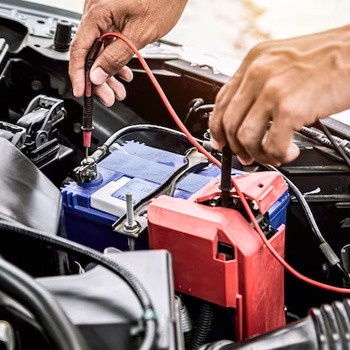Maintaining Your Car’s Electrical System: Essential Practices
The electrical system is a key component of your vehicle, powering everything from starting the engine to your car’s lights and entertainment system. Proper maintenance is crucial for reliability, safety, and extending the life of your vehicle. Being stuck with a car that won’t run is always a stressful situation but the good news is we can help avoid this unwanted drama with a little maintenance on your car’s electrical system.





